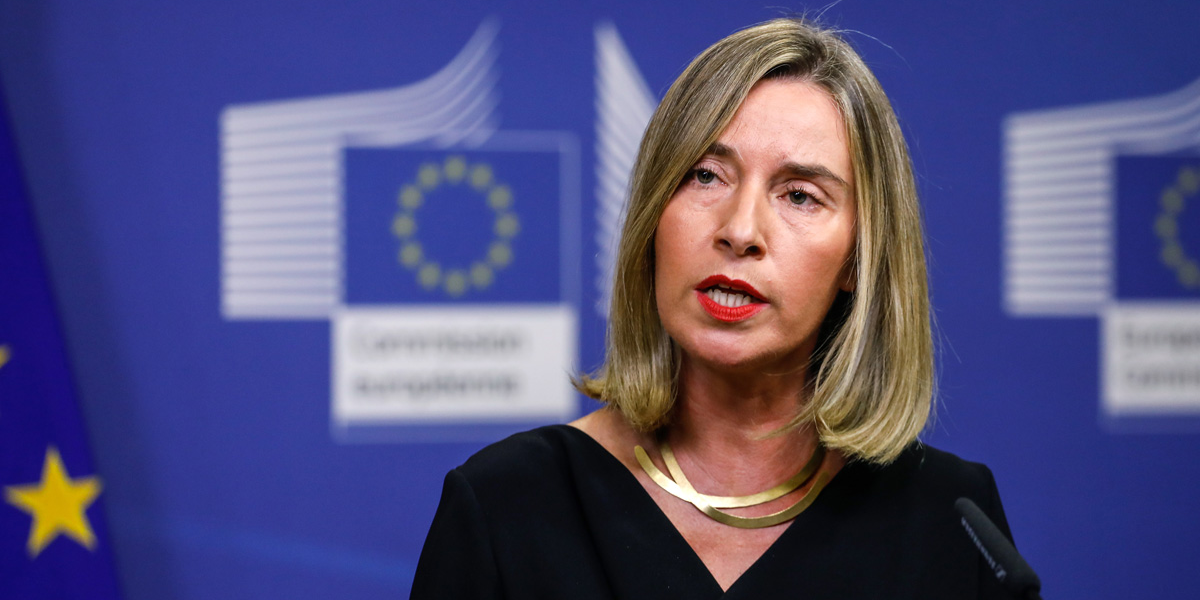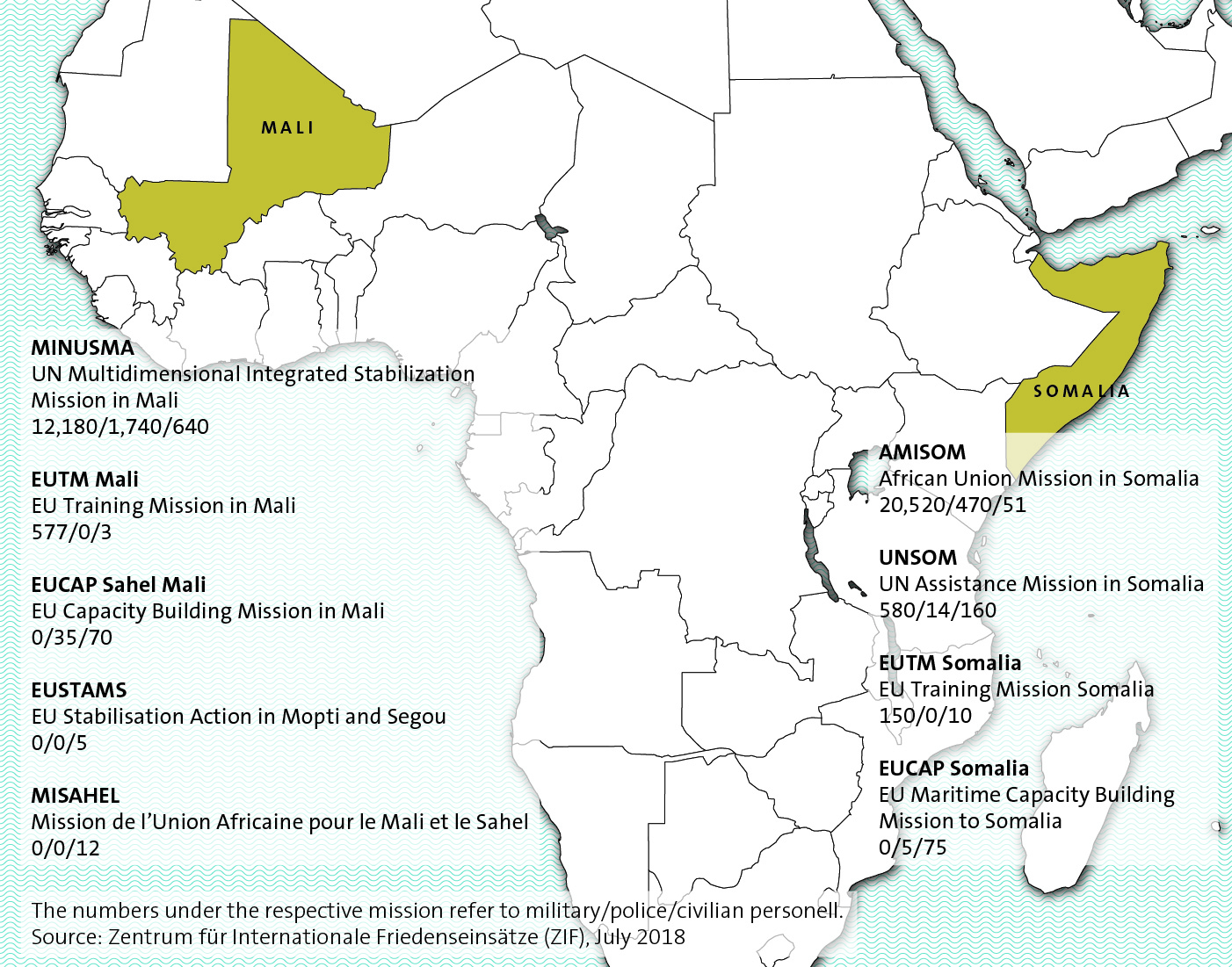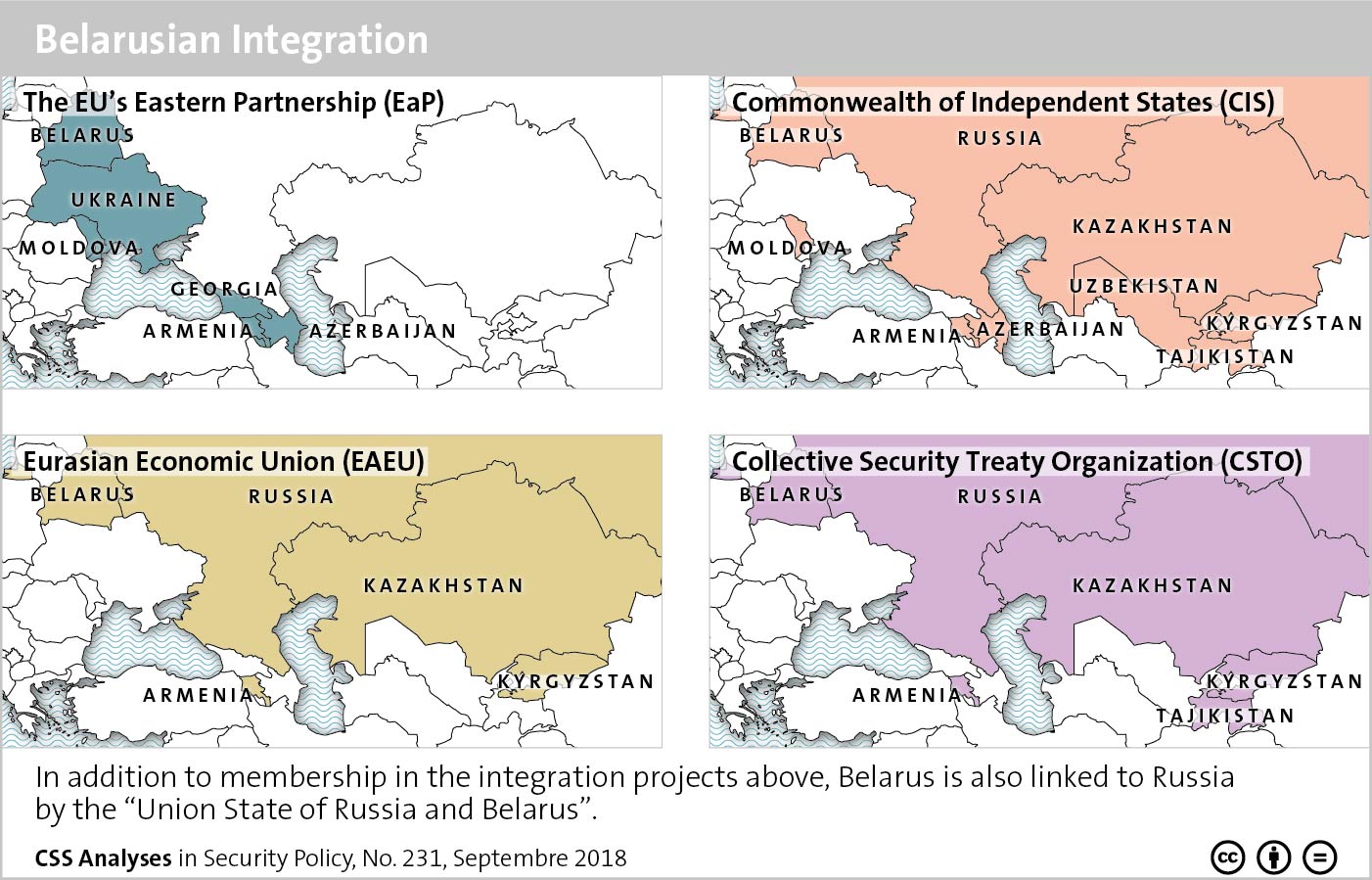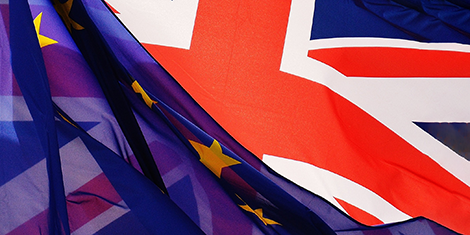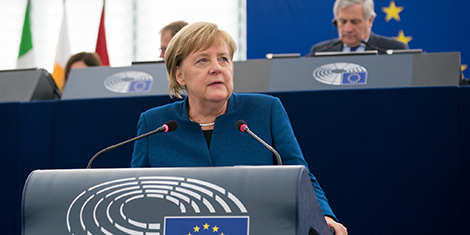
This article was originally published by the German Institute for International and Security Affairs (SWP) on 2 January 2018.
A European Security Council (ESC) would – so the German government has suggested – make the European Union (EU) better prepared for making decisions about international politics and thus better able to act. It believes that if the EU and its member states do not manage to take and implement coherent decisions more quickly, their ability to (further) enforce European rules and strengthen multilateral formats will be weakened. The EU-27’s diplomatic, financial and military resources should therefore be supplemented by a format for more effective intergovernmental cooperation. However, this idea can only take shape if the German government can demonstrate the added value of such a body, and if it shows more willingness itself to shape foreign policy within the EU framework.

